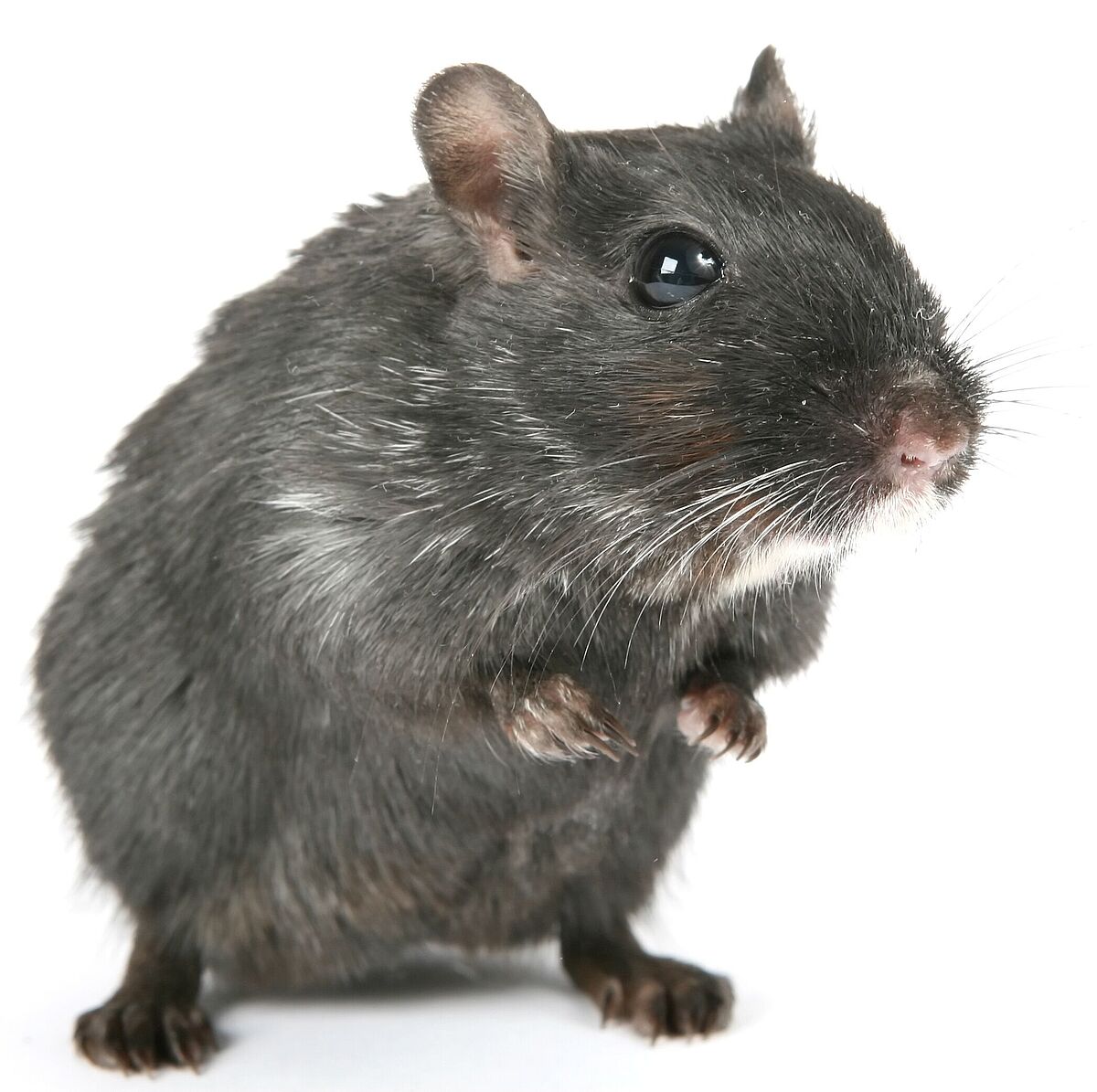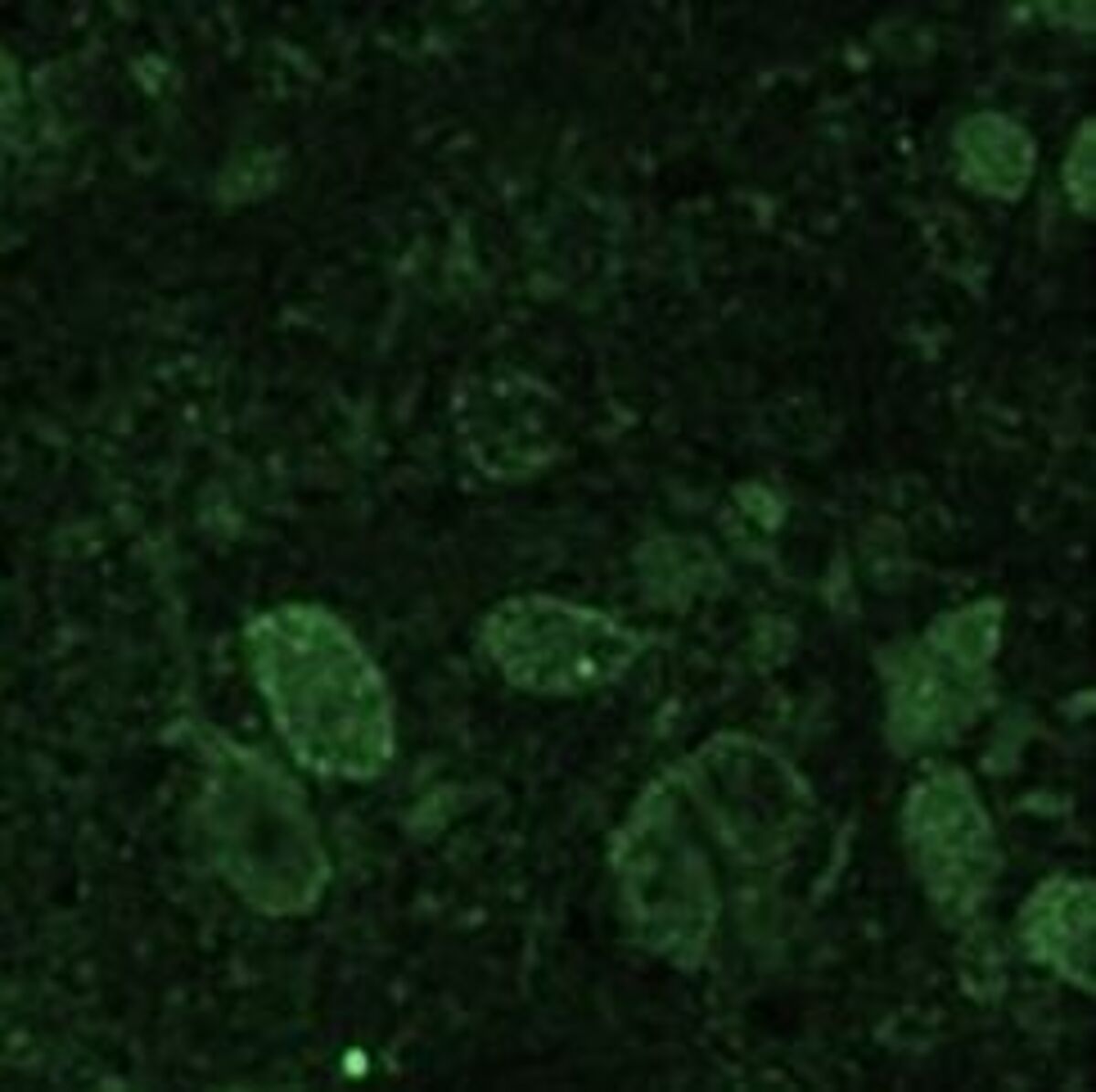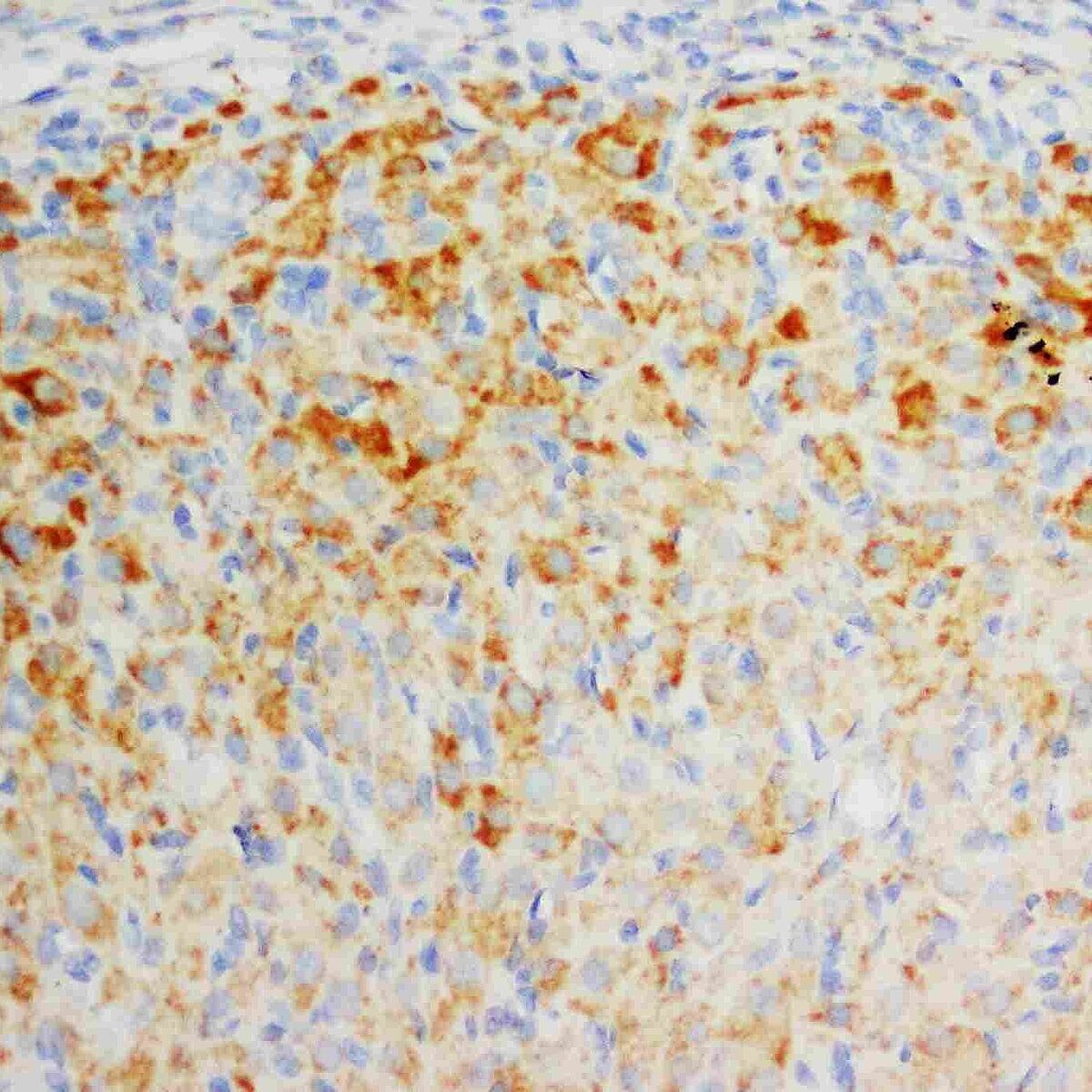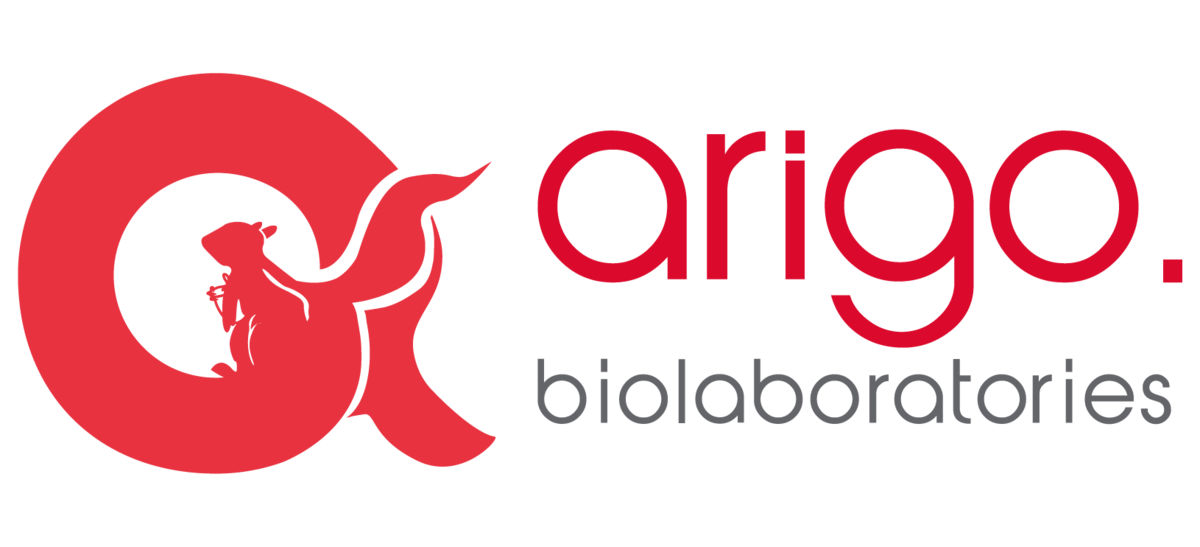In a recent report published in Nature journal, Iram et al., worked with cerebrospinal fluid (CSF) of young mice to help restore memory in aged mice. They revealed an interesting key factor - the protein FGF17. The fibroblast growth factor 17 (FGF17) typically degrades with age, restoring it could offer new insights.

Abstract by Iram et al.
Recent understanding of how the systemic environment shapes the brain throughout life has led to numerous intervention strategies to slow brain ageing1-3. Cerebrospinal fluid (CSF) makes up the immediate environment of brain cells, providing them with nourishing compounds4,5. We discovered that infusing young CSF directly into aged brains improves memory function.
Unbiased transcriptome analysis of the hippocampus identified oligodendrocytes to be most responsive to this rejuvenated CSF environment. We further showed that young CSF boosts oligodendrocyte progenitor cell (OPC) proliferation and differentiation in the aged hippocampus and in primary OPC cultures. Using SLAMseq to metabolically label nascent mRNA, we identified serum response factor (SRF), a transcription factor that drives actin cytoskeleton rearrangement, as a mediator of OPC proliferation following exposure to young CSF. With age, SRF expression decreases in hippocampal OPCs, and the pathway is induced by acute injection with young CSF.
We screened for potential SRF activators in CSF and found that fibroblast growth factor 17 (FGF17) infusion is sufficient to induce OPC proliferation and long-term memory consolidation in aged mice while FGF17 blockade impairs cognition in young mice. These findings demonstrate the rejuvenating power of young CSF and identify FGF17 as a key target to restore oligodendrocyte function in the ageing brain.
Therapeutic potential of FGF17-induced oligodendrogenesis for MS
Multiple sclerosis (MS), a neuroinflammatory and demyelinating disease of the central nervous system, is the leading cause of nontraumatic neurological disability in young adults. To reduce autoimmunity and demyelination, is the general approach for treating MS. In a recent report published in Nature journal, Iram et al., found that FGF17 induces oligodendrocyte progenitor cell (OPC) proliferation and differentiation thus improving memory. This finding provides a new insight into the therapeutic strategy of MS by myelin repair with FGF17.
Arigo Biolaboratories offers active FGF17 protein and quality antibody markers for oligodendrogenesis which are the best research solutions to examine the therapeutic potential of FGF17-induced oligodendrogenesis for MS.

| Cat-No. | Item | Size | Price (CHF) |
|---|---|---|---|
| ARG70123-20UG | Human FGF17 recombinant protein (Active) (His-tagged, N-ter) | 20 ug | 342.00 |
| ARG43722-100UL | anti-FGF17 antibody | 100 ul | 519.00 |
| ARG59471-100UL | anti NG2 / Chondroitin sulfate proteoglycan 4 antibody | 100 ul | 582.00 |
| ARG10754-50UL | anti CNPase antibody | 50 ul | 496.00 |
| ARG10722-50UL | anti Myelin Basic Protein antibody [7D2] | 50 ul | 496.00 |
| ARG41772-50UG | anti MOG / Myelin oligodendrocyte glycoprotein antibody | 50 ug | 496.00 |
Potential of FGF8-induced synaptogenesis for improving memory
Publishing in Nature journal, Iram et al., reported that FGF17 induces serum response factor (SRF) to mediate oligodendrogenesis and thus improving memory. Besides, it was found that although FGF8 strongly induced SRF expression, FGF8 isn’t involved in oligodendrogenesis. In neurons, SRF aids in synapse formation that is associated with learning and memory. Is it possible that FGF8 improve memory via induction of synaptogenesis in neurons?
Arigo Biolaboratories offers active FGF8 protein and quality antibody markers for synaptogenesis which are the best research solutions to examine the possibility of FGF8-induced synaptogenesis for improving memory.

| Cat-No. | Item | Size | Price (CHF) |
|---|---|---|---|
| ARG70114-20UG | Human FGF8 (isoform A) recombinant protein (Active) (His-tagged, C-ter) | 20 ug | 342.00 |
| ARG58580-50UG | anti FGF8 antibody | 50 ug | 496.00 |
| ARG64969-100UG | anti SRF antibody | 100 ug | 755.00 |
| ARG21963-50UG | anti VGluT1 antibody [S28-9] | 50 ug | 523.00 |
| ARG66629-100UL | anti Synaptophysin antibody [SQab19147] | 100 ul | 538.00 |
| ARG20545-50UG | anti PSD95 antibody [6G6] | 50 ug | 523.00 |
| ARG43722-100UL | anti FGF17 antibody | 100 ul | 621.00 |
Supplier

Arigo Biolaboratories - Antibodies, antibody duos, ELISA
Arigo Biolaboratories are dedicated to developing the most comprehensive collection of antibody duos and antibody panels
Shop for Arigo Biolaboratories products
References
Iram, T., Kern, F., Kaur, A. et al. Young CSF restores oligodendrogenesis and memory in aged mice via Fgf17. Nature 605, 509–515 (2022).
Pluvinage, J. V. & Wyss-Coray, T. Systemic factors as mediators of brain homeostasis, ageing and neurodegeneration. Nat. Rev. Neurosci. 21, 93–102 (2020).
Castellano, J. M. et al. Human umbilical cord plasma proteins revitalize hippocampal function in aged mice. Nature 544, 488–492 (2017).
Villeda, S. A. et al. Young blood reverses age-related impairments in cognitive function and synaptic plasticity in mice. Nat. Med. 20, 659–663 (2014).
Lehtinen, M. K. et al. The cerebrospinal fluid provides a proliferative niche for neural progenitor cells. Neuron 69, 893–905 (2011).
Silva-Vargas, V., Maldonado-Soto, A. R., Mizrak, D., Codega, P. & Doetsch, F. Age-dependent niche signals from the choroid plexus regulate adult neural stem cells. Cell Stem Cell 19, 643–652 (2016).
